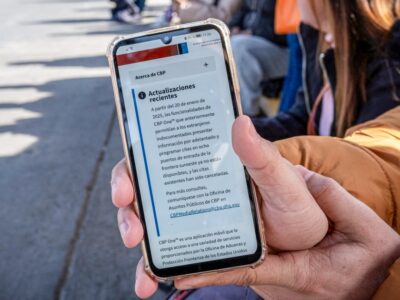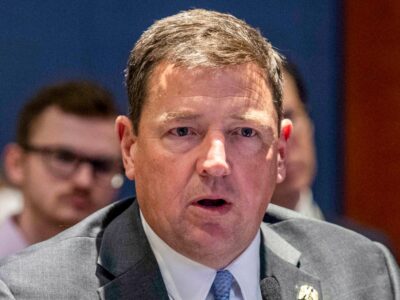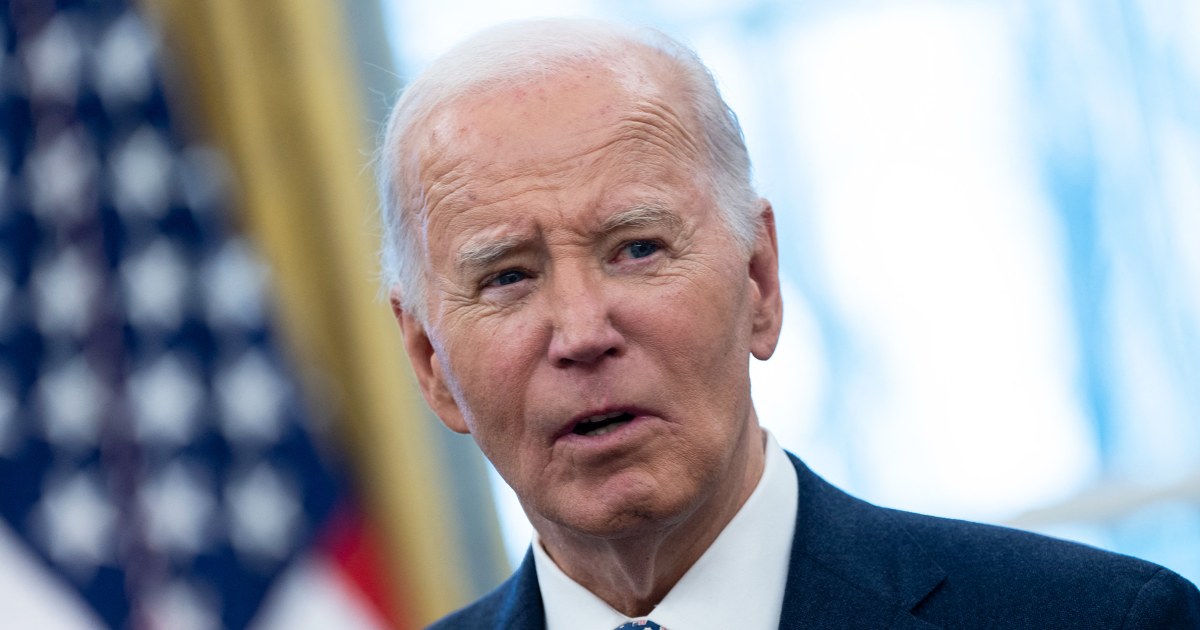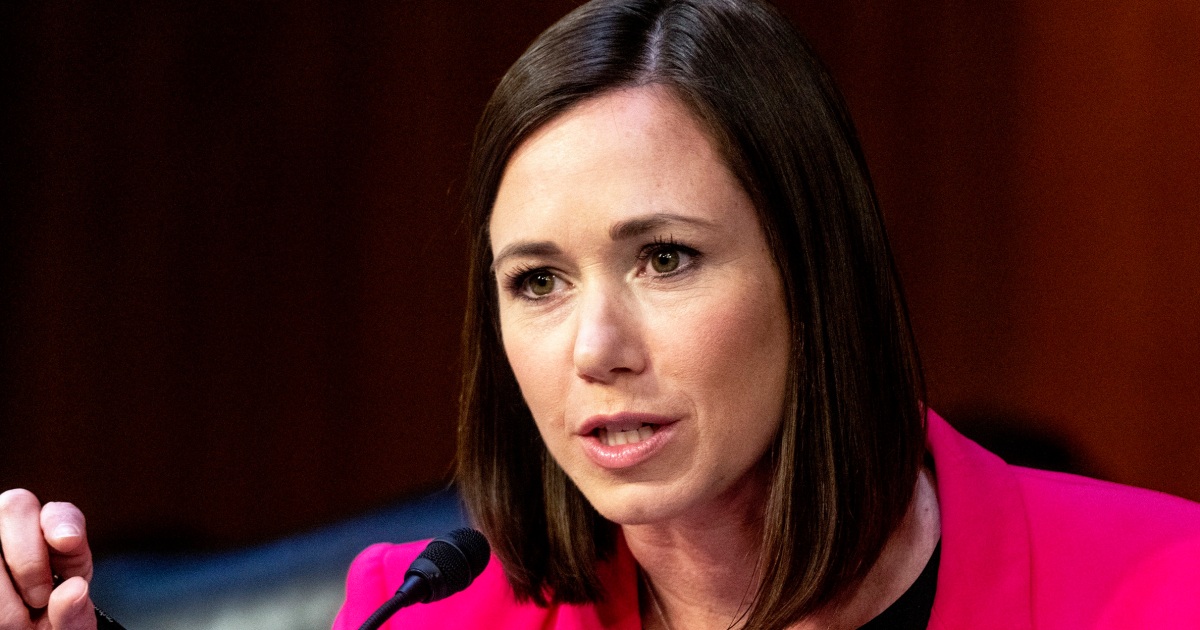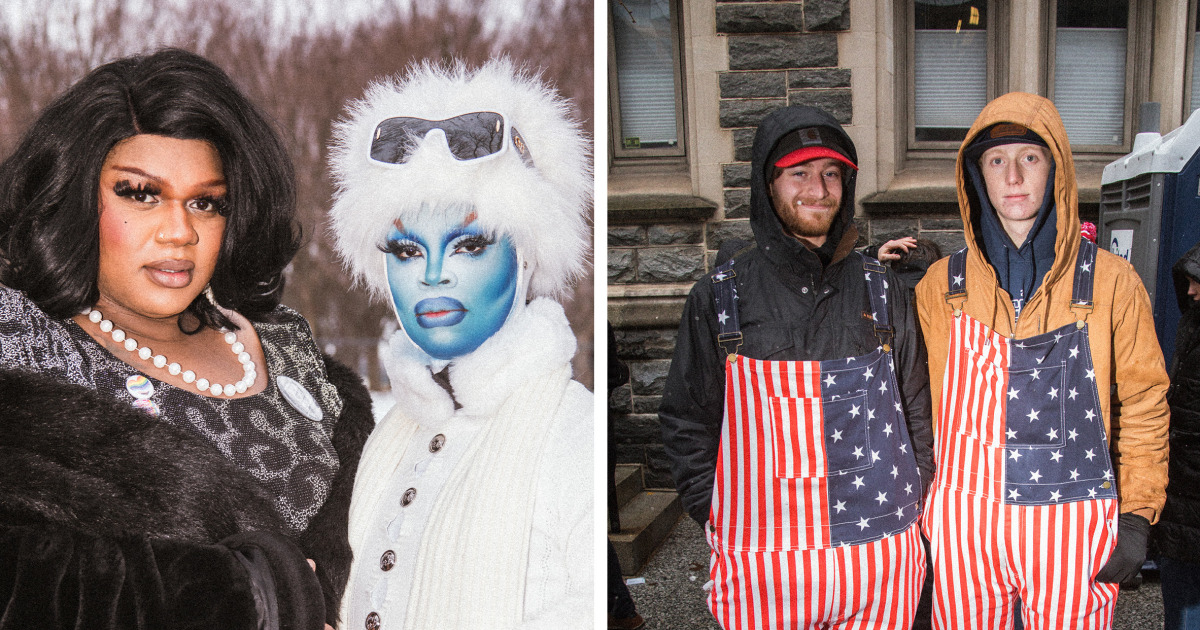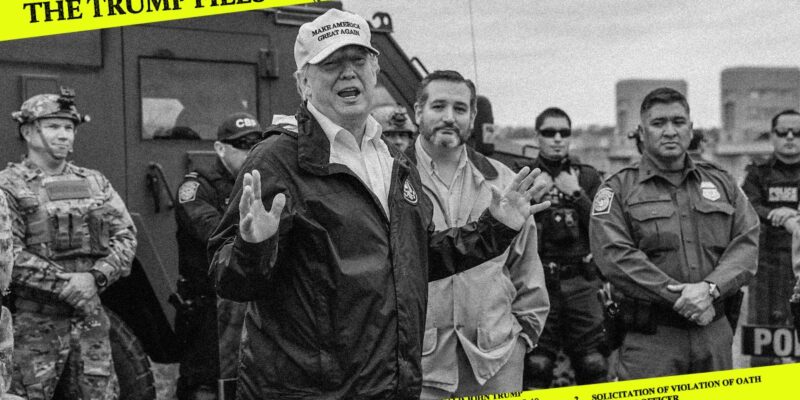
As Donald Trump campaigns to be a dictator for one day, he’s asking: “Are you better off now than you were when I was president?” Great question! To help answer it, our Trump Files series is delving into consequential events from the 45th president’s time in office that Americans might have forgotten—or wish they had.
Six years on, families remain separated. The Trump administration’s so-called “zero tolerance” policy of splitting families at the border to deter migration is not just a shameful chapter of US history but an ongoing disaster. To this day, the Biden White House is still scrambling to clean up the mess. Some families may never reunite.
It was previously unthinkable: a government program for immigration deterrence predicated on babies and toddlers being ripped from their parents’ arms.
The cruelty of that policy defined the first Trump term. Images of separated children held in Walmarts converted into shelters sparked comparisons to the detention of Japanese Americans in internment camps during World War II. Audio obtained by ProPublica and released in June 2018 underscored the brutality: Guards joked, over the sounds of children wailing and calling for their moms and dads while in custody of Customs and Border Protection, “Well, we have an orchestra here, right? What we’re missing is a conductor.”
The idea of family separation as an immigration deterrence strategy had floated around before during the Obama administration. But it wasn’t until Donald Trump came into office that hardliner senior adviser Stephen Miller pushed to implement it. “If you are smuggling a child, then we will prosecute you and that child will be separated from you as required by law,” then-Attorney General Jeff Sessions said in May 2018 when making the zero-tolerance policy public, months after Trump’s Department of Homeland Security had already started tearing families apart. “If you don’t like that, then don’t smuggle children over our border.” (Sessions even invoked the Bible to defend the policy.)
The unspeakable—and previously unthinkable—horror of a systematic government policy predicated on babies and toddlers being ripped from their parents’ arms was such that even Donald Trump seemed chastened. “I didn’t like the sight or the feeling of families being separated,” he said in 2018 upon signing an executive order ending the practice.
But it was too late. By then, more than 2,000 children had already been taken from their parents and potentially condemned to a lifetime of trauma and negative health outcomes. Ultimately, around 5,000 children were separated and, as of earlier this year, 1,360 hadn’t been reunited with their parents or legal guardians, according to a progress report by the Family Reunification Task Force launched by the Biden administration.
Lawyers and advocates working on the reunification process have witnessed heartbreaking instances of children who were so young when the separation happened that they no longer recognized their parent. “A lot of children who were separated felt abandoned by their parents and so there was resentment when they reunited,” Nan Schivone, the legal director of the migrant rights group Justice in Motion, told me earlier this year.
Even in face of the irreparable harm done to thousands of children and their parents, the Trump campaign won’t rule out bringing back family separation in a potential second term.
“Well, when you have that policy, people don’t come,” Trump said during a CNN town hall last year. “If a family hears they’re going to be separated, they love their family, they don’t come.” When pressed further about whether he would reinstate the policy, Trump added: “We have to save our country, all right?”
All these years later, some of the children victimized by family separation are now speaking out. “The worst thing about being [in the shelter] was at night because I always dreamed about my mother and that she was with me,” one unnamed teen says in a video posted on an X account called Same Story, “but when I woke up she wasn’t there.” In another, Billy describes being separated from his father: “I couldn’t speak English. I couldn’t do nothing at all but just sit back and watch my dad be taken away from me.” Reuniting with his father, he says, “was the best moment in my life because it was the first time that I finally felt like I was secure and I was safe.”
Families belong together and free. In 2018, Billy was separated from his dad when they immigrated to the United States in 2018. Now that he’s reunited with his family, he hopes that no family ever has to experience the same story. Share his story because #FamiliesStillBelong. pic.twitter.com/j9Ban3Uye3
— Same Story (@samestoryvoices) September 24, 2024


